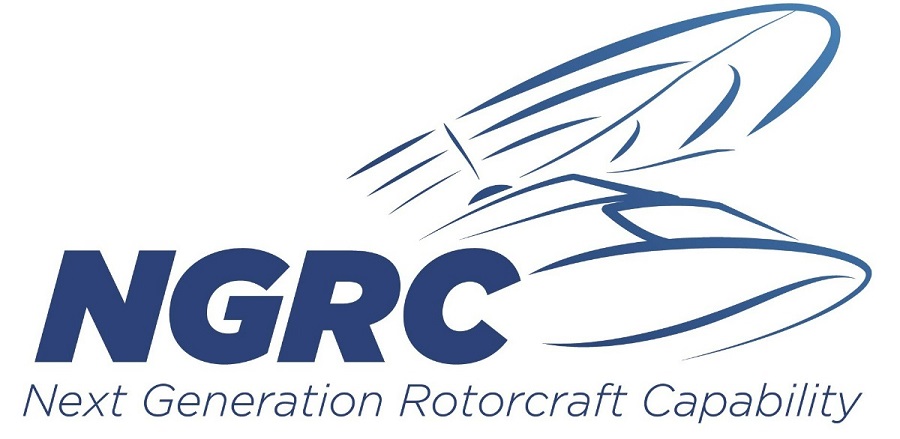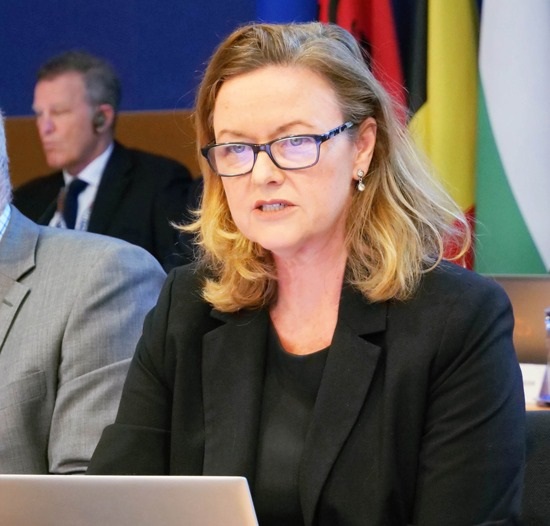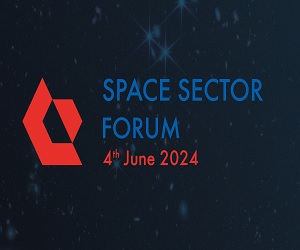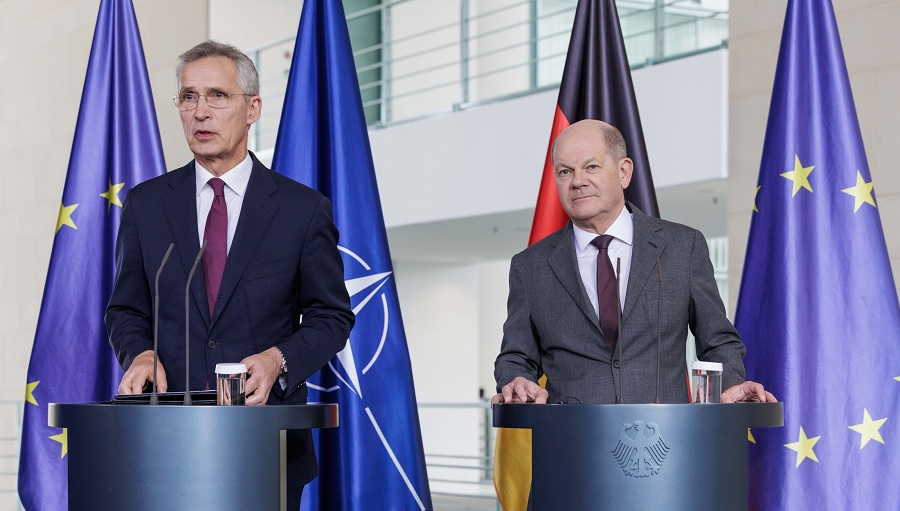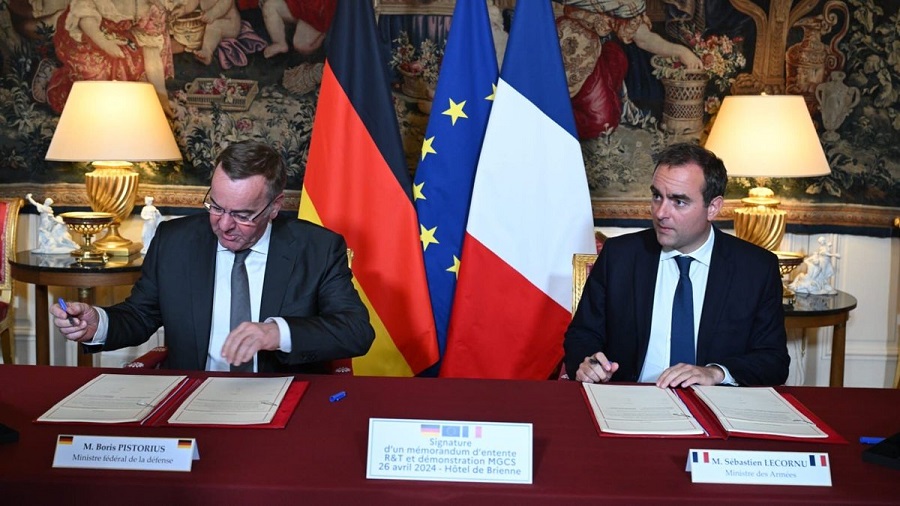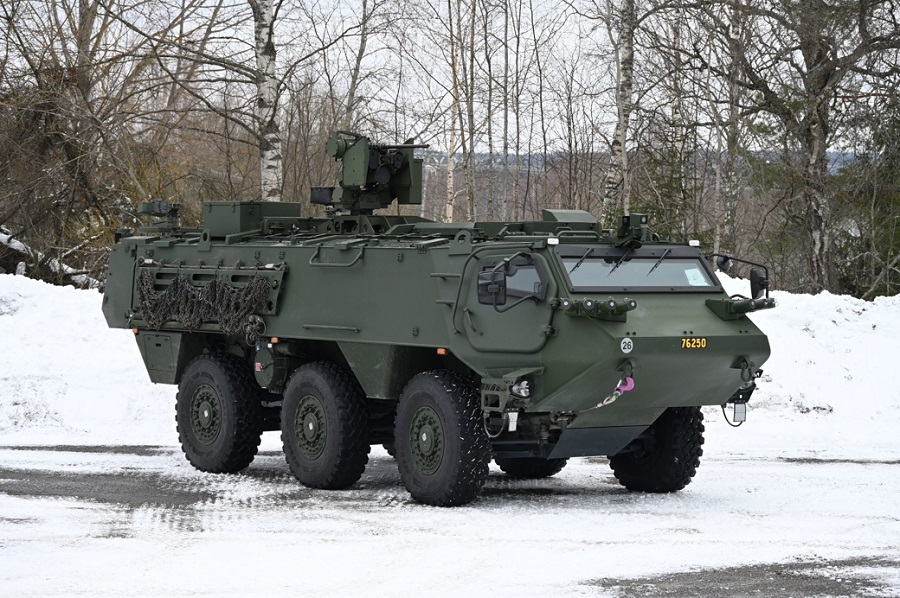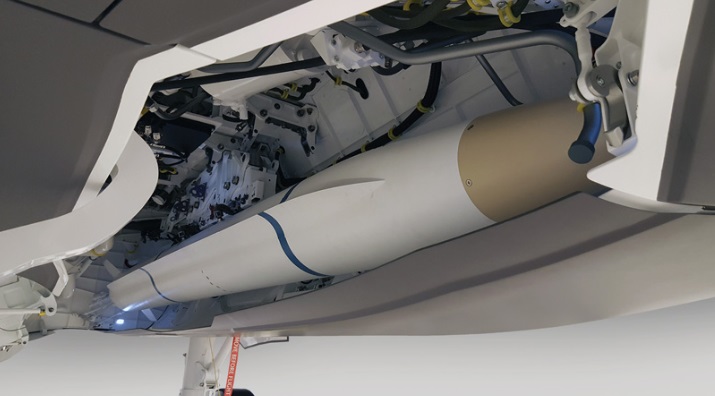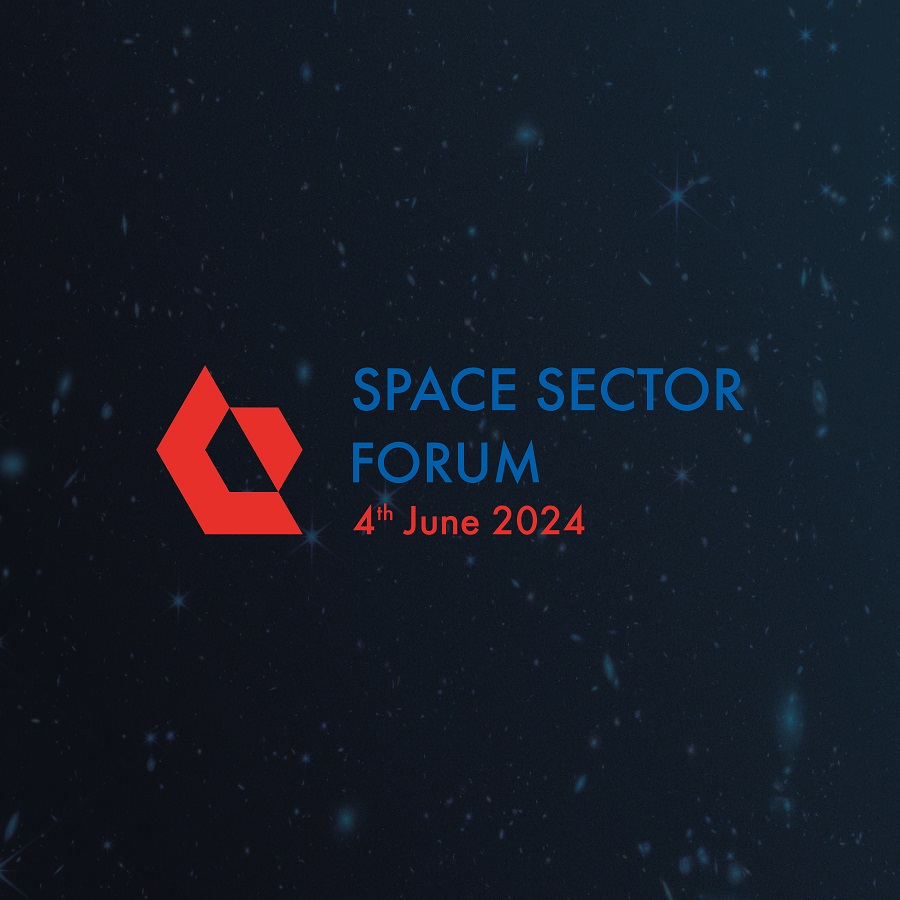The NATO Support and Procurement Agency (NSPA) will execute the Concept Stage on behalf of the participating nations. The Agency, in cooperation with industry and on behalf of the nations, will explore how to match their requirements with the latest technology available to achieve unparallel flight characteristics.
“Writing an RFP for a Concept Stage Study is a challenging but interesting task, especially as a Senior Technical Officer (VNC)” stated Markus Loennig, Senior Technical Officer, adding: “I appreciate the effectiveness of teamwork at NSPA in the NGRC Programme. The positive interaction between team members – engineers, Contracting officer, Finance officer- enabled us to publish the first RFP according to the planning agreed with Nations.”
This NGRC Concept Stage will have a best value competition of EUR 1 million. Companies are encouraged to send their bidding proposals before the end of August this year.
Richard Thorpe, NSPA Senior Technical Officer confirmed: “The first study will deliver an agnostic view and analysis of existing and future Novel Powerplant solutions. This is a key step to prepare and feed the Integrated Platform Concept Review the NGRC Programme Office plans to be awarded in 2024.”
NSPA expects to award the contract for the Novel Power Plant by November 2023.
NGRC constitutes one of NATO’s multinational High Visibility Projects and demonstrates NATO Allies’ commitment to maintain a technological edge and to pursue multinational cooperation and interoperability.
Through its NGRC Support Partnership, NSPA enables participating nations to use this support structure to consolidate requirements that allow them to achieve economies of scale, reducing costs and logistics footprint, while making use of a legal framework that offers a common and efficient support.


